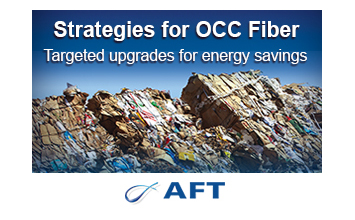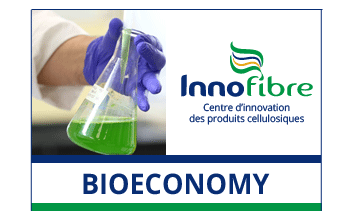UPM has high aspirations in responding to the global climate challenge.
Sustainably produced pulp is one of the answers when aiming for a future beyond fossils. Here are some key facts on our sustainability efforts.
1. Zero tolerance for deforestation
UPM’s business is based on forests. This is a strong reason to ensure that the forests always grow more than they are used. For example, Finland's forest growth has doubled during the last 50 years, despite a rise in the manufacturing of wood-based products. In Uruguay, UPM’s eucalyptus plantations are established on former grazing land and never replace native trees which are protected by law.
2. Improving biodiversity in our own forests
As a leader in the industry, UPM was the first forest company in the world to make a commitment to increasing the biodiversity of its own forests. That work is continued through actions that preserve and improve elements essential to forest biodiversity, such as deadwood, mixed tree species composition, and structural variation in boreal forests.
3. Ultimate goal of climate positive portfolio
The majority of airborne emissions that UPM mills produce are biomass-based from renewable sources. Modern pulp mills produce plenty of surplus energy generating more fossil-free energy than is used in the mill processes. UPM is the second largest generator of biomass-based electricity in Europe.
4. Zero Solid Waste to landfill globally by 2030
Most of UPM’s waste is reused in other processes such as energy generation. The reuse rate is still not at a full 100% but the goal is to become a Zero Solid Waste to Landfill company by 2030. An example of one of the trickiest side streams to recycle at our pulp mills is green liquor dregs, for which UPM has found promising options for possible reuse.
5. Transparent reporting and third-party verification
In sustainability reporting, UPM believes in transparency and verification by third-party operators. For example, all responsibility data and certificates can be found on our website. This allows customers and other stakeholders to exercise their own judgment as to the adequacy of actions carried out.
6. Commitment to sustainable development goals
The United Nations Sustainable Development Goals (SDGs) address the global challenges we face in the future. They are divided into 17 sections on which actions are needed on economic, social and environmental levels. UPM is committed to actively advancing the goals of Clean Water and Sanitation, Affordable and Green Energy, Decent Work and Economic Growth, Responsible Consumption and Production, Climate Action and Life on Land.
7. Commitment to the Climate Pledge
UPM is committed to the Climate Pledge, which follows the Paris Agreement to limit the global temperature rise to 1.5°C. In practice, this means measuring and reporting greenhouse gas emissions on a regular basis, implementing decarbonisation strategies and achieving net-zero annual carbon emissions Group wide by 2040.
Source: UPM













